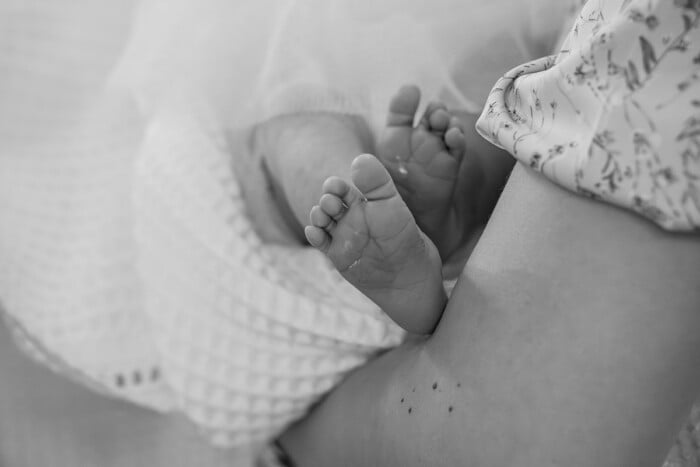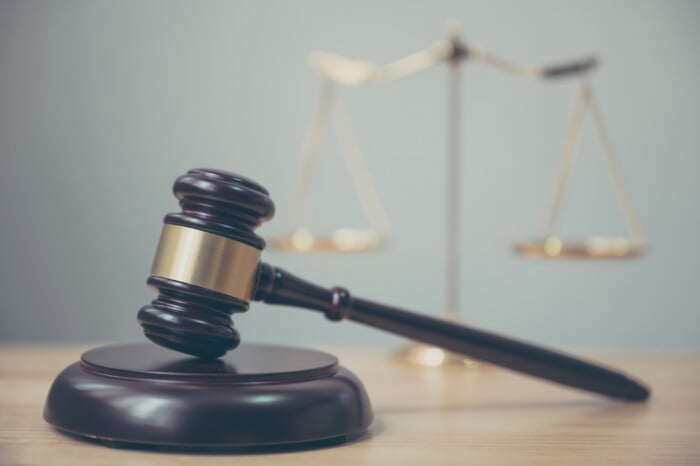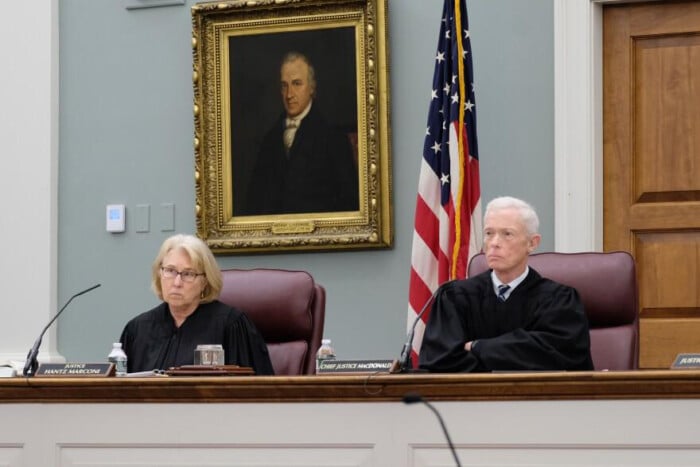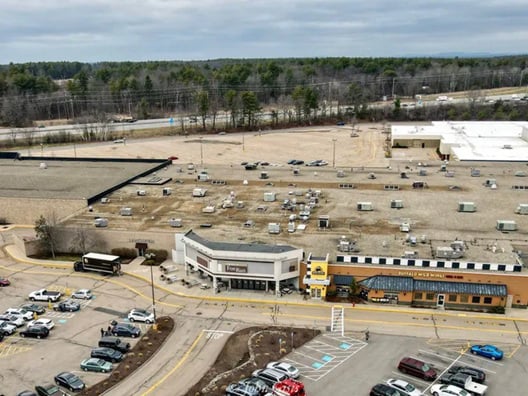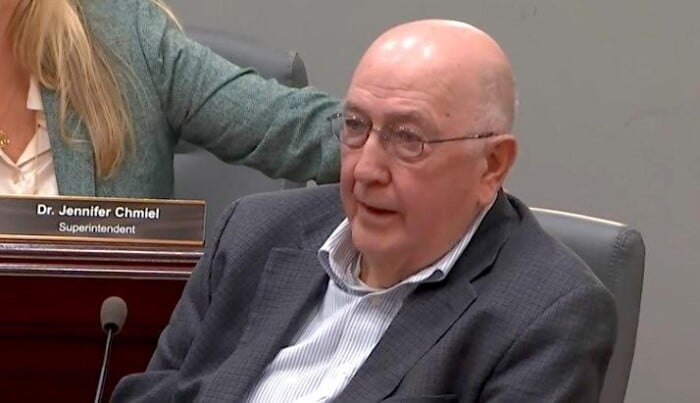UNH Faculty Senate calls on university to investigate police response to protest
Resolution came 12 days after UNH police arrested a dozen people during a protest that demonstrators say was non-violent until police intervened
The University of New Hampshire’s Faculty Senate passed a resolution Monday calling on the university to conduct an investigation of its police response to a May 1 pro-Palestine protest, according to two senators present.
The resolution came 12 days after UNH police arrested a dozen people outside Thompson Hall during a protest that demonstrators say was non-violent until police intervened.
The exact language of the resolution and the vote count were not immediately clear. The version of the resolution introduced and obtained by the Monitor underwent minor changes before being approved, ac cording to one senator.
“[W]e request a transparent investigation of the events surrounding May 1, 2024, and that such investigation includes the Campus Planning Committee of the Faculty Senate,” the text of the original version of the resolution read.
The university has said the arrests came only after demonstrators began to set up tents in violation of school policy, according to a timeline released by university spokesperson Tania deLuzuriaga.
Thirteen UNH and 18 state police officers responded to the May 1 protest, according to the timeline, which was created during an “after-action review” conducted by the police department and the offices of the provost, student life, and communications, deLuzuriaga said.
The actions of Chief of Police Paul Dean have drawn particular scrutiny, including calls for his resignation. At approximately 6:30 p.m., Dean – dressed in plain clothes – charged at a group of protesters and ripped a piece of a tent from one, according to some bystanders, including professor Siobhan Senior and professor emeritus Joshua Meyrowitz. A video captures a portion of Dean’s interaction with protesters.
The after-action review concluded Dean had attempted to “de-escalate the situation.” Citing active criminal investigations of those arrested, deLuzuriaga said Dean could not respond to criticism of his response. He previously told the Boston Globe that he did not assault any students.
“I think an investigation, the information there will prove this to be wrong,” Dean said.
But, deLuzuriaga said, an investigation has yet to be launched. The after-action review that led to the creation of a timeline is a standard process following a campus event, she said.
“Any time that something goes on on campus, whether it is commencement, or something like events of May 1, the leadership meets to discuss, ‘How did things go?’,” deLuzuriaga said.
deLuzuriaga said in a statement that university administrators will work with the Faculty Senate over the summer in response to their request for involvement in an investigation.
